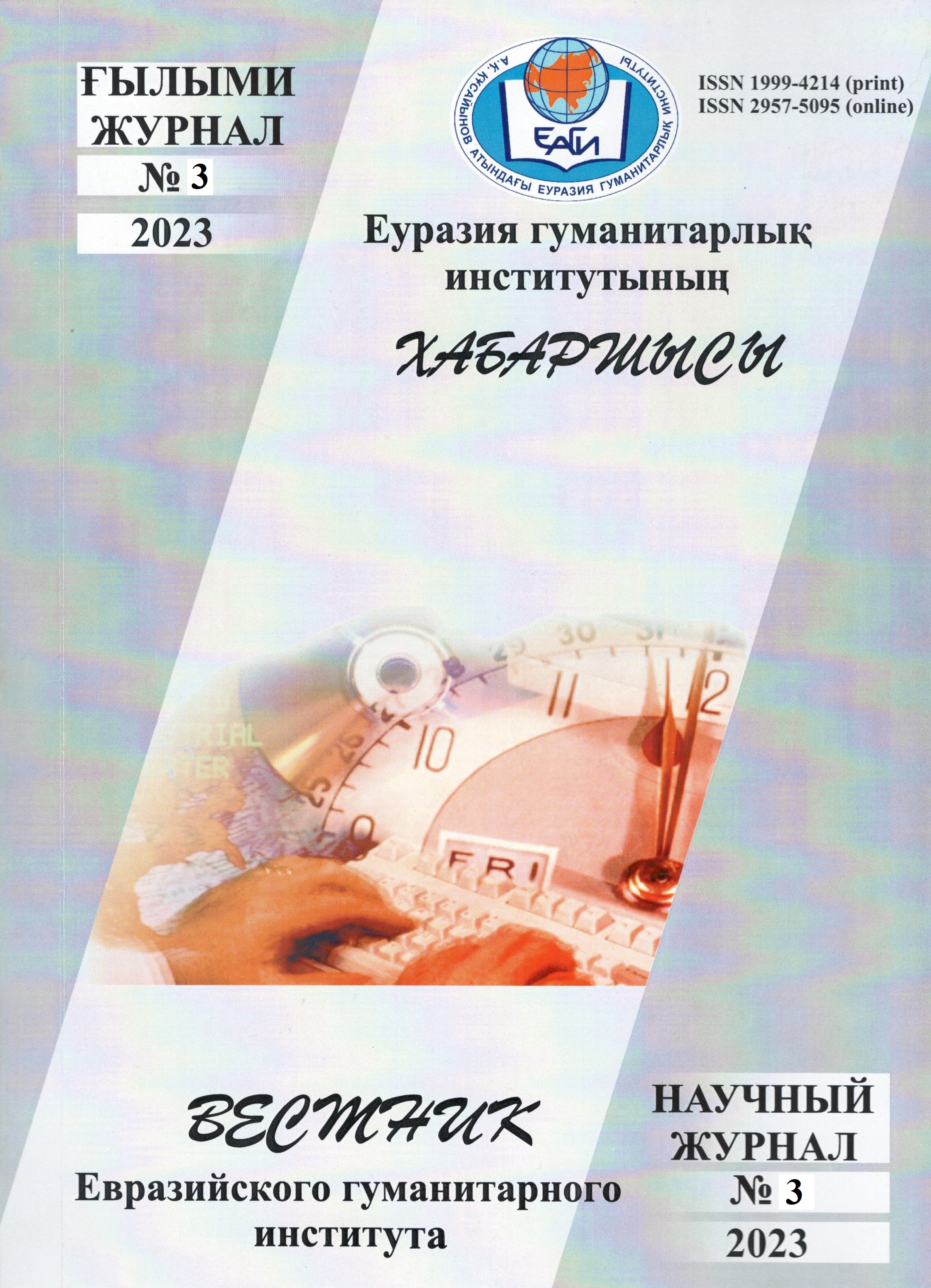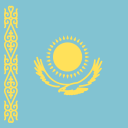NATIONALITY AND HEROISM IN ANCIENT DASTANS
DOI:
https://doi.org/10.55808/1999-4214.2023-3.07Keywords:
country, land, hero, hero, ancient literature, unlimited power, war.Abstract
The article tells about peacefulness, war and heroism. Since the creation of the world, the struggle for survival is a continuous process. The strong win, the weak lose. This is a struggle that people will always fight as long as they exist. It is not surprising that the worlds that are now on the verge of disappearing from the earth can eventually flourish and revive, or that the world that is flourishing today will disappear without a trace tomorrow. What determines existence or absence, victory or defeat, is a war, an arms race, etc. In the works carved in stone, you can find answers to questions about the reasons for the outbreak of the war, about why it was waged, about what they wanted to save. We see that we also need to fight to thrive and become a giant empire. In the inscriptions carved on the eternal stone, we see the best examples of the victory of a country that won the war, as the losers won the war.
The Creator settled humanity on earth, divided the earth and created different languages, skin color, eyes, hair, so that they would not resemble each other. And humanity began to build states on the basis of these divisions.
When the strong, who believed in their strength, realized that someone else's land was more vast and fertile, they had a desire to seize, so they learned to create weapons to destroy those who looked like them, and over time these weapons became even scarier, even more ruthless. The article concluded that there were wars in order to expand the land, unlimited power. The consequences led to the fact that the countries became enemies and fought.


 Қазақ тілі
Қазақ тілі
 Русский
Русский
 English
English








